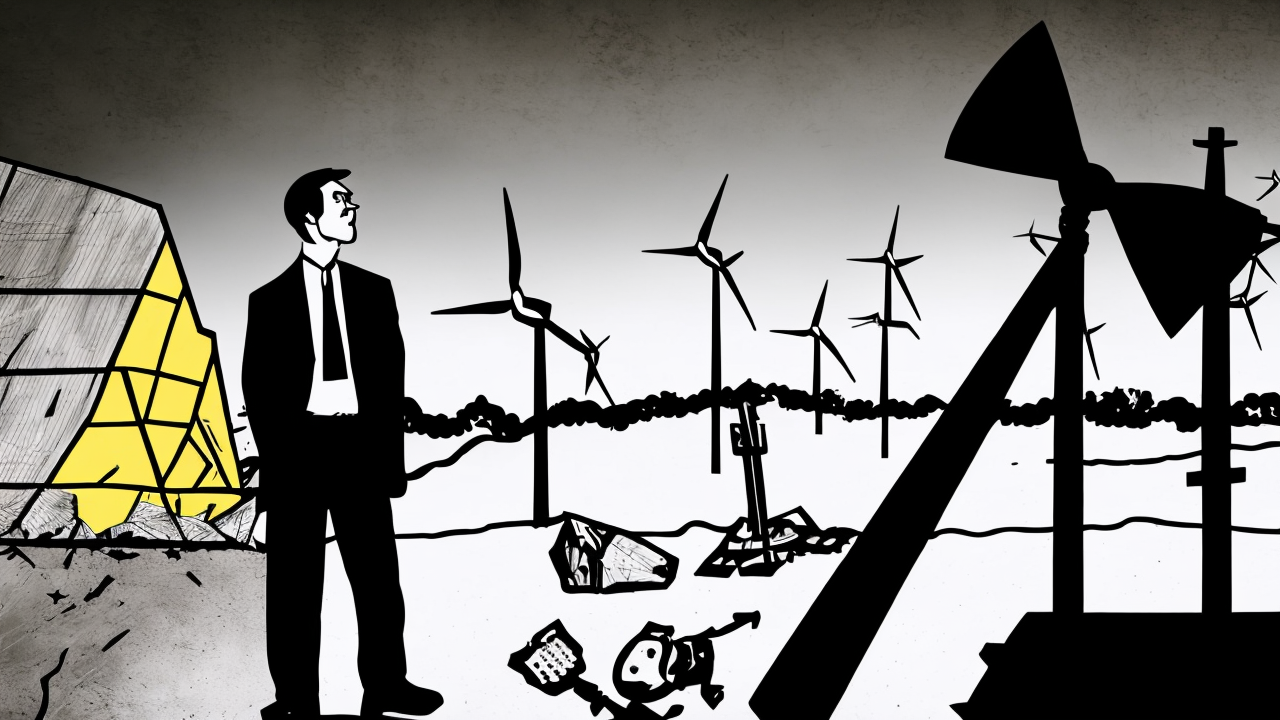GAO Critiques Offshore Wind, Questions on Climate Models Emerge

A recent report by the U.S. Government Accountability Office (GAO) has cast doubt on the effectiveness and environmental impact of President Biden’s offshore wind initiatives. The GAO found that offshore wind projects are costly, potentially harmful to marine ecosystems, and lack clear evidence of benefits to public health or climate change mitigation. The report highlights concerns about the transparency of the permitting process and the exclusion of input from affected communities and industries.
Meanwhile, new research challenges the reliability of climate models used by the U.N. Intergovernmental Panel on Climate Change (IPCC). Studies suggest that simpler models, which focus on natural factors like volcanic activity and solar radiation, better predict climate conditions than those relying on anthropogenic greenhouse gas emissions. This raises questions about the accuracy of IPCC projections and the extent to which human activities drive climate change.
Additionally, recent findings indicate that volcanoes emit significantly more carbon dioxide than previously estimated, potentially reducing the proportion of CO2 attributed to human sources. This underscores the need for a better understanding of natural climate influences and the limitations of current climate models.
The GAO report and these scientific studies highlight the need for cautious policy-making, emphasizing the importance of addressing uncertainties and ensuring transparent decision-making processes.
Published: 5/31/2025
















